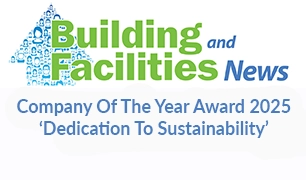Hydrogen Needs More Government Support
Hydrogen Needs More Government Support For net zero to be successful in the UK many feel hydrogen needs more government support. Hydrogen is perceived as the simplest, fastest and most cost-effective method for reducing carbon emissions from UK building stock prior to the 2050 net zero deadline. While the focus on heat pumps (ASHP) has … Read more


















